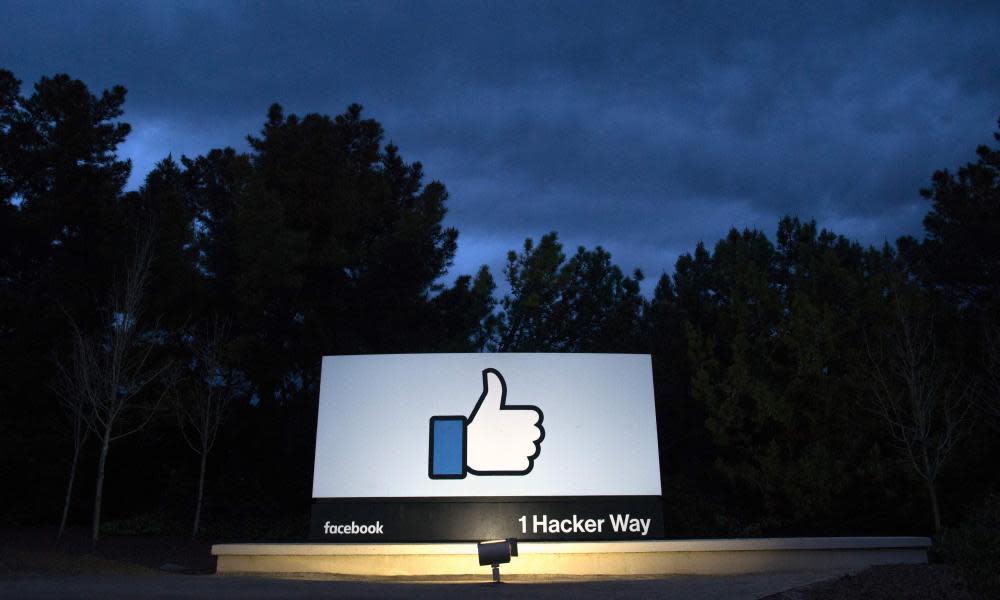What would be lost if I deleted Facebook? Gratification

By way of an experiment, as I wound down on Facebook after my kids went to sleep, I tried to keep an eye on what I was actually doing. I clicked through to a piece on NPR (National Public Radio) about the “foster mother” of the Florida school shooter; I navigated to, and then away from, a photo story about bound feet in the Economist that exceeded my number of free articles for the month. I read several pieces about people who wanted to leave Facebook, and one comment thread under a post by a friend who said goodbye, he was actually leaving (“don’t go!” said 37 other people), and then gazed for several moments at a photo of a gorge, taken by someone I’d never met on her holiday. It was pretty and, wondering where it was, I clicked through to the comments but they only said things like “how lovely”.
By the time I was done with all this it was after 9pm. A lot has been written this week about how users of Facebook have themselves been used, but, in the interests of gauging what might be lost by deleting the app, looking at my own usage was pretty sobering. Half the appeal, I became aware, was the muscle memory of scrolling and tapping – even, I suspect, of the eye movement – a series of small, fluid gestures that joined together felt soothing, in a way that might be recognised by a long-term chain smoker. I was conscious as I scrolled that emotion was being generated, frequently strong disdain – in this case, for someone who keeps putting up motivational messages and seems to be having a breakdown – and that this was, for a short while, gratifying.
I was also aware of how fast that feeling drained. The night before, I had read 20 pages of Elizabeth Bowen’s novel The Last September, while piously ignoring the phone by my side, and it had felt simultaneously nourishing and also almost unbearably slow.
I tell myself I need Facebook to stay informed, and there is some truth to this. I like the way, unlike on Twitter, old stories circulate again and again until finally I get around – or so it feels – to reading everything. And I like the passive connectivity; browsing the wedding photos of my third cousin once removed is a peculiar pastime, and yet it feels meaningful, keeping afloat an idea of the family in a way that makes the world feel marginally warmer.
It is also, of course, a massive waste of time. My interests on Facebook skew tabloid, in line with the platform’s promotional biases and I’m forever clicking through to Washington Post stories about freak accidents or hideous child murders in the DC metropolitan area. There are the hours lost to pointless genealogy searches and the occasional bout of hate-browsing.
Am I better informed and better connected for all this? Sort of. But it is an incredibly inefficient way to get information and, as became clearer last night, inculcates a weird mindset. As I logged off, I was aware that my sense of having caught up with the news rested on a dangerous assumption, a split-second’s thought, but still there: if there is something else worth reading, they’ll let me know.
• Emma Brockes is a Guardian columnist

